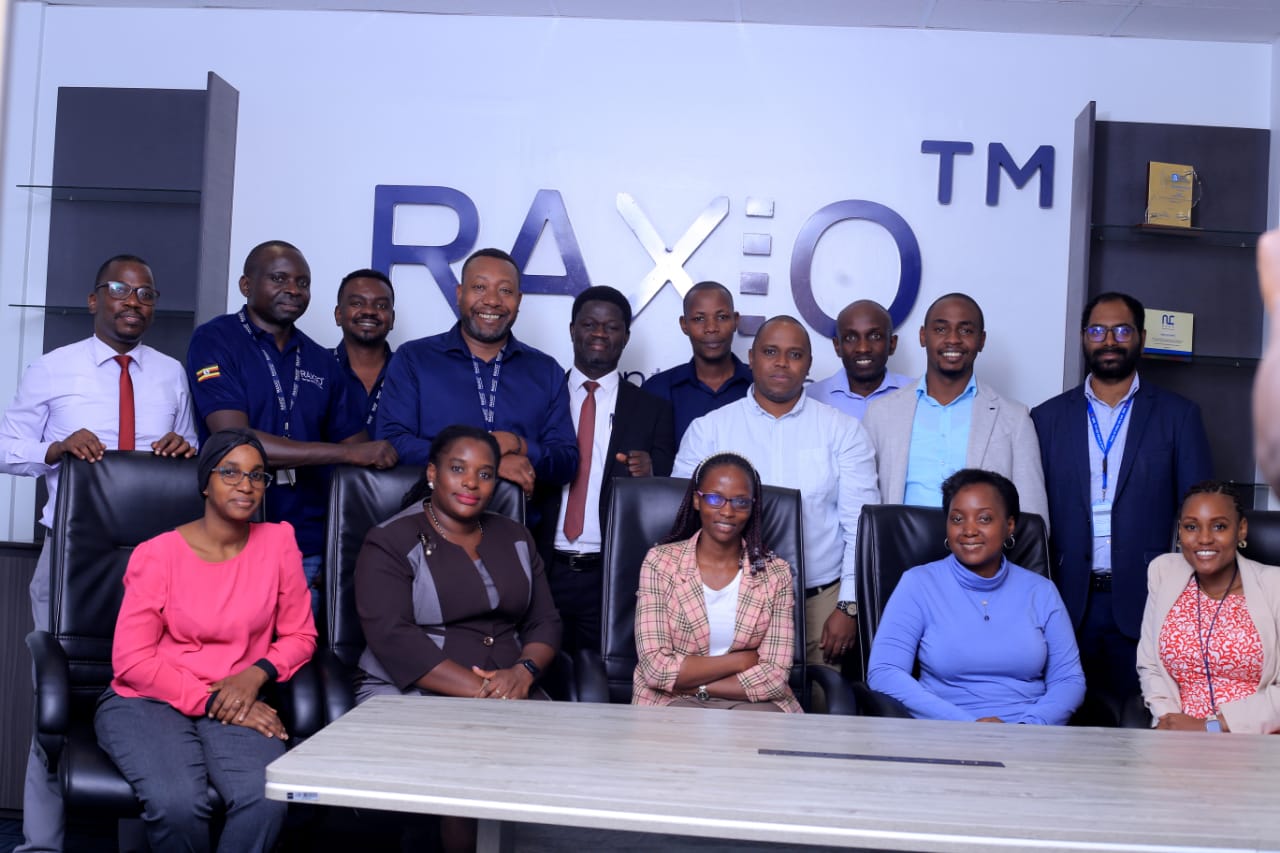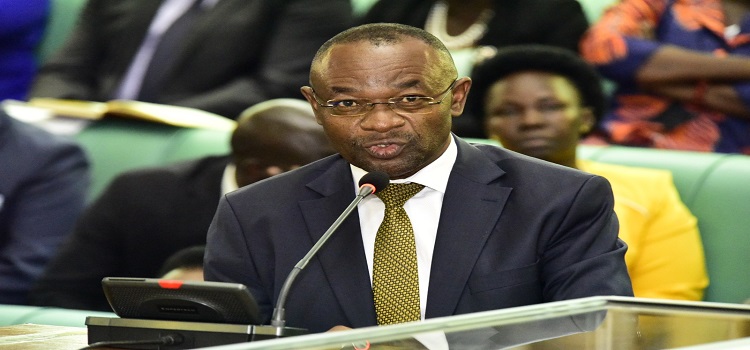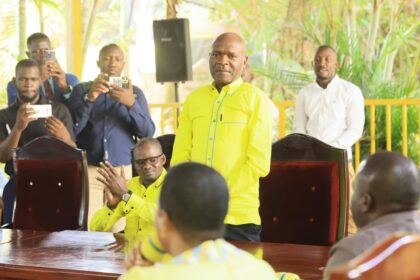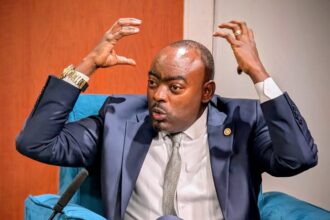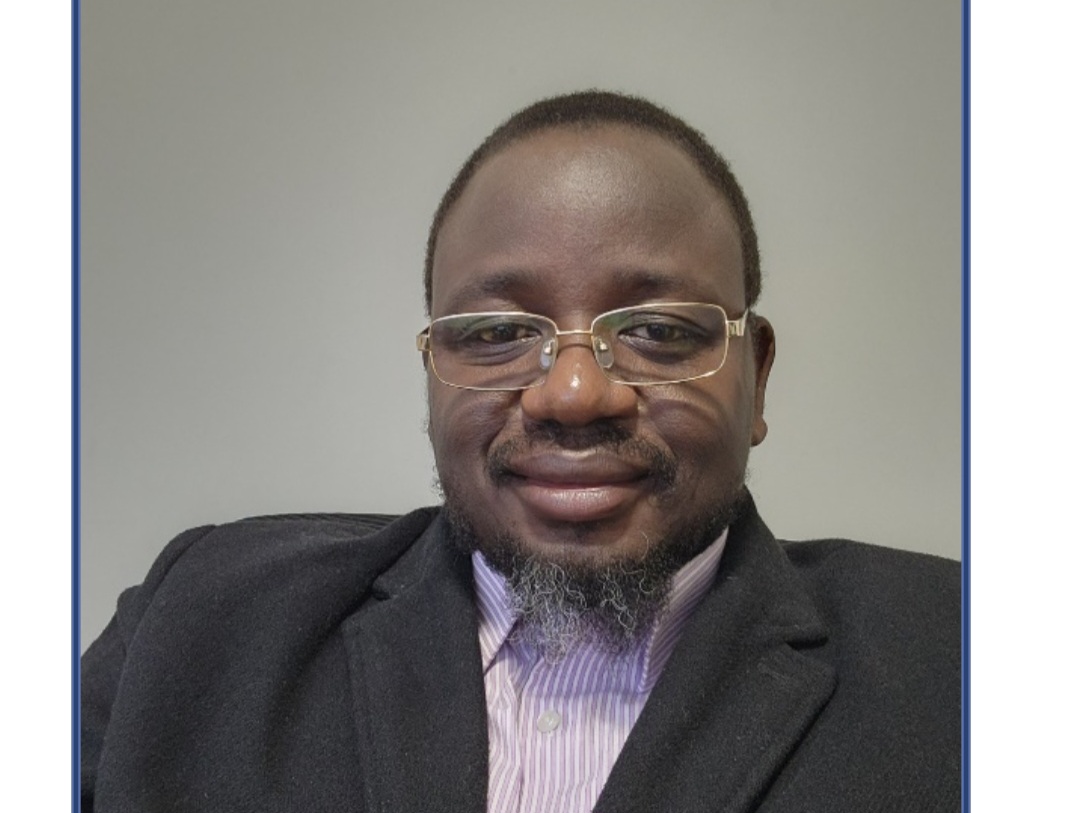The period between 1957and 1994 saw the complete decolonisation of the black continent after over a century of foreign domination. The decolonisation movement took the sacrifice of the great men and women of this continent and cost the blood of our forefathers.
Uganda in particular attained self rule from the British sixty years ago on the 9. Oct.1962. As we continue to mourn the fallen heroes upon whose blood the foundation of our dear motherland was erected, the questions of whether we have lived to the aspirations and expectations of the men and women who courageously laid down their lives to achieve self-determination. The men who accepted their children to remain fatherless, their wives widows and their parents deprived of treasures in their sons to see out the colonisers even at the cost of their own lives. Those unforgetable heroes.
As the colonial masters left begrudgingly, they left us a bite that we gladly took unaware of what would be the repercussions. In my own Uganda, like the great of the former Britain colonies, we are subscribed to the Common Wealth which the leaders before us gladly believed would help to speed up social-economic transformation and set the countries on the road to rapid development. Unfortunately, they were all wrong. Colonial masmasters actually left sure conduits through which they would continue draining the continent of its vast mineral resources with minimum resistance.
President Yoweri Museveni has impressively seemed to have learnt this as a fact and often called for Africa to maximise its potential to take charge of its own affairs without ever leaning on the West. He has severally preached for integration efforts to open markets and handle political and security threats in unison, indicating that some of the problems of the black continent are engineered by the West which does not wish to see their perennial raw material hub in prosperity.
It’s rather unfortunate that President Museveni’s vision of detaching from the West has come in a little bit late for himself though it forms the springboard for the next generation of leadership to draw from and embrace a new strategy. The figures in terms of economic performance over the years of close dependence on the developed world do not offer anything for us to be proud of.
For instance, the African economy, comprising 54 economies, in 2021 was around US$2.7 trillion in nominal terms, $296 billion more than in 2020, calculated by taking figures from the IMF. This is $246bn less than France’s GDP, the 7th largest World economy.
Yet the continent boasts of the world’s largest arabe landmass; the second largest and longest rivers (the Nile and the Congo); and the second largest tropical forest. The total value added of its fisheries and aquaculture sector alone is estimated at USD 24 billion. In addition, about 30% of all global mineral reserves are found in Africa. The continent’s proven oil reserves constitute 8% of the world’s stock and those of natural gas amount to 7%. Minerals account for an average of 70% of total African exports and about 28% of the gross domestic product.
The contribution of extractives to publpublicance is significant, with some African countries’ public revenue almost entirely dependent on them. Indeed, AfDB estimates that Africa’s extractive resources could contribute over USD 30 blionbillionannum in government revenue for the next 20 years. The Bank also states that revenues from recent oil, gas and mineral discoveries could contrcontributeeen 9% and 31% of additional government revenues over the first ten years of produproductioncountries such as Ghana, Libera, Mozambique, Sierra Leone, Tanzania and Uganda Furthermore, beyond extractives, and, water basins, wldlfwildliferves and nation nationals offer an opportunity for eco-tourism and related economic activity.
As an observer devoted to the well-being of our nation, Uganda, and Africa in general, it is essential to discuss the challenges that come with seeking heavy reliance on Western World in Uganda’s social-economic-political development. While some might view external support as a means to drive positive change, it is crucial to approach this issue with caution and be aware of the potential drawbacks as past decades have taught us. Over-reliance on external interventions from the Western world may inadvertently diminish the country’s self-determination and hinder the development of indigenous solutions that align with our specific needs and aspirations.
Relying heavily on Western influence erodes our country’s sovereignty and autonomy. As a sovereign nation, Uganda needs to determine its path based on the will of its people and not be unduly swayed by foreign interests. While international assistance may appear well-intentioned, it may not always align with our nation’s best interests and unique context.
As presented above, foreign reliance has adversely impacted our development and what has been lost can not be recovered. It’s therefore imperative that we take lessons from the past to inform our future lest we remain economically impaired forever. To achieve this, the participation of our next leadership will be very crucial. The National Unity Platform(NUP) top leader, Mr Robert Kyagulanyi Ssentamu, one of the frontrunners to succeed President Museveni clearly in the evening of his career, is here in the US for the launch of a documentary. Away from the fact that this particular documentary seeks to project Uganda in a bad light to the World, it seems to seek solutions to the problems of the country which ultimately draws our self itself-determination six decades back.
Western involvement in our sovereign affairs has created a sense of dependency, hindering our ability to address internal challenges effectively. Sustainable progress requires nurturing homegrown solutions that reflect Uganda’s cultural values and the aspirations of the Ugandan people.
Another major concern is that embracing Western influence may sow divisions within our nation. External involvement in our politics polarizes public opinion, contributing to tensions among different tribes and communities. As Ugandans, we must prioritize constructive dialogue and unity to build a harmonious society.
In a nutshell, while it is essential to engage with the international community for cooperation and diplomacy, relying excessively on Western influence in Uganda’s politics poses considerable challenges. Instead, let us focus on strengthening our institutions, promoting good governance, and developing homegrown solutions to address our nation’s issues. By upholding our sovereignty and working together as a unified nation, we can overcome challenges and shape our path towards a prosperous future!
The Author is The Chief Strategist For The MK Movement – USA
Do you have a story in your community or an opinion to share with us: Email us at Submit an Article




